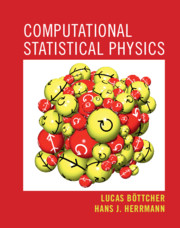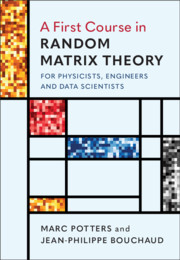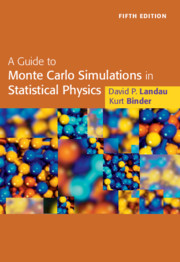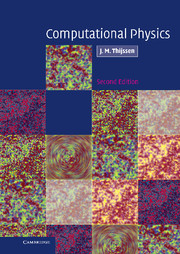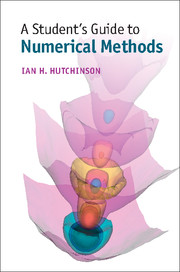Computational Statistical Physics
Providing a detailed and pedagogical account of the rapidly-growing field of computational statistical physics, this book covers both the theoretical foundations of equilibrium and non-equilibrium statistical physics, and also modern, computational applications such as percolation, random walks, magnetic systems, machine learning dynamics, and spreading processes on complex networks. A detailed discussion of molecular dynamics simulations is also included, a topic of great importance in biophysics and physical chemistry. The accessible and self-contained approach adopted by the authors makes this book suitable for teaching courses at graduate level, and numerous worked examples and end of chapter problems allow students to test their progress and understanding.
- Covers both the theoretical foundations of equilibrium and non-equilibrium statistical physics, and also modern computational applications
- The accessible and self-contained approach adopted by the authors makes this book suitable for teaching courses at graduate level
- Numerous end of chapter exercises allow students to test their progress and understanding.
Product details
November 2021Hardback
9781108841429
268 pages
260 × 208 × 20 mm
0.75kg
Available
Table of Contents
- Preface
- Part I. Stochastic Methods:
- 1. Random Numbers
- 2. Random-Geometrical Models
- 3. Equilibrium Systems
- 4. Monte-Carlo Methods
- 5. Phase Transitions
- 6. Cluster Algorithms
- 7. Histogram Methods
- 8. Renormalization Group
- 9. Learning and Optimizing
- 10. Parallelization
- 11. Non-Equilibrium Systems
- Part II. Molecular Dynamics:
- 12. Basic Molecular Dynamics
- 13. Optimizing Molecular Dynamics
- 14. Dynamics of Composed Particles
- 15. Long-Range Potentials
- 16. Canonical Ensemble
- 17. Inelastic Collisions in Molecular Dynamics
- 18. Event-Driven Molecular Dynamics
- 19. Non-Spherical Particles
- 20. Contact Dynamics
- 21. Discrete Fluid Models
- 22. Ab-Initio Simulations
- References
- Index.

